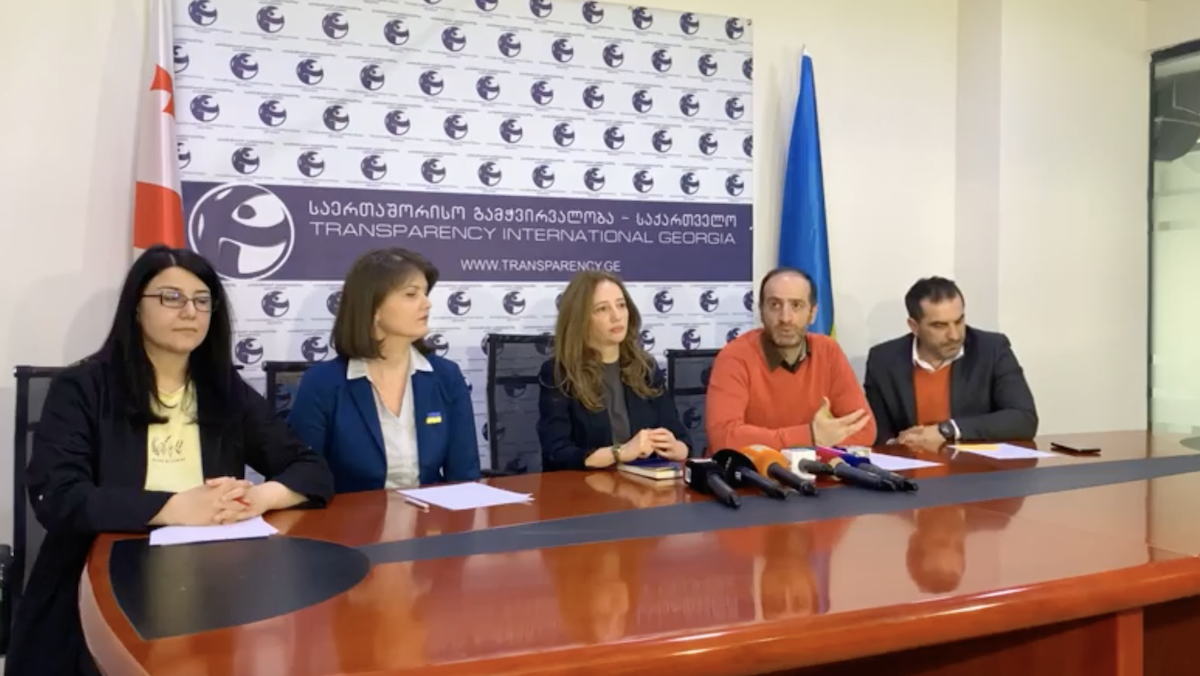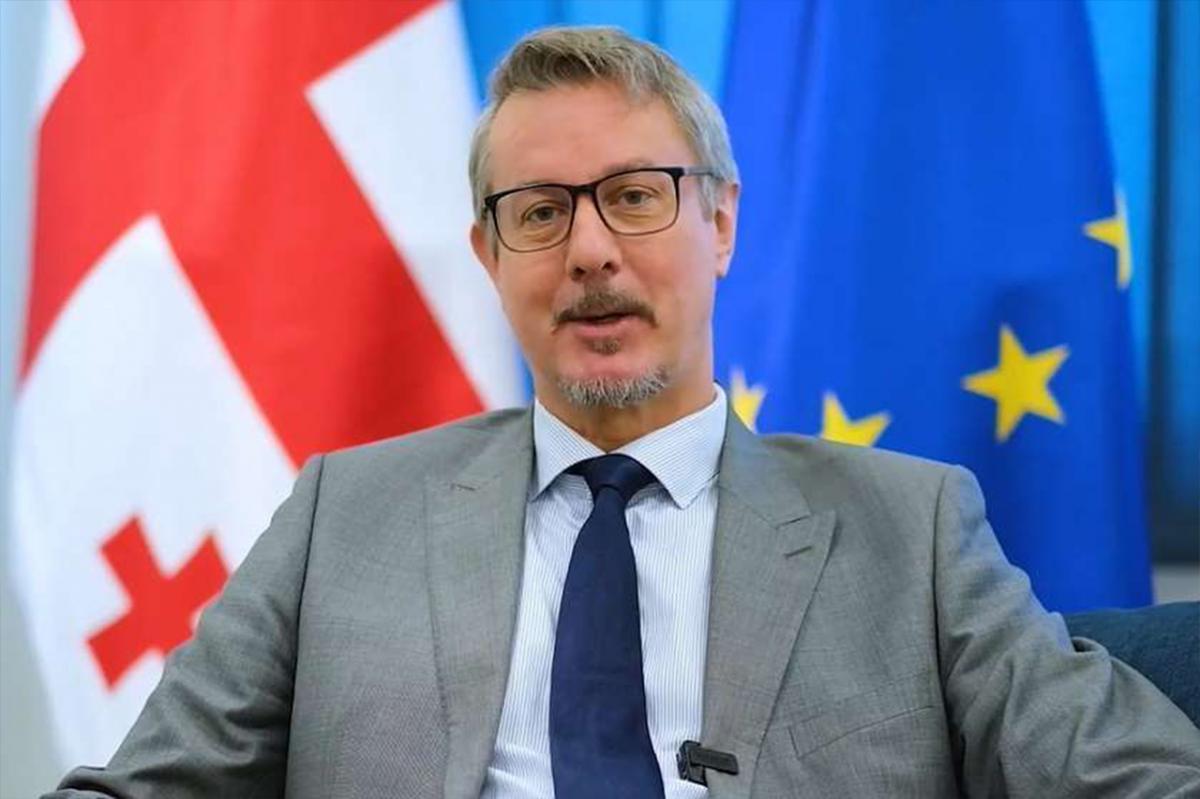“Georgia took a serious step back” - European Parliament's assessment
European Parliament’s assessment on Georgia
The European Parliament has received a critical assessment of Georgia’s implementation of the Association Agreement with the European Union. The new report has been prepared by the Ex-Post Evaluation Unit (EVAL) within the European Parliamentary Research Service (EPRS) at the request of the European Parliament’s Committee on Foreign Affairs. It states that “Georgia has seriously backslided with respect to the basic democratic principles and key political commitments made under the Association Agreement”:
The main points of the report are as follows:
● Amid sharp political polarization, Georgia’s democratic institutions are gradually losing their essence, and the ruling party is increasingly seizing power. This limits the space for dissent.
● The rule of law has deteriorated significantly, as evidenced by the arrest of opposition leaders in June 2019 as well as the lack of an effective investigation into violent incidents in July 2021 [referring primarily to July 5].
● State Inspector Service was abolished.
● Changes in the judicial system of Georgia since 2020 have led to serious disruptions in the implementation of the Association Agreement. In particular, “the hasty and non-transparent appointments of judges, the failure to reform the appointment of the Prosecutor General, amendments to the law on general courts.”
Georgia has an ambiguous environment when it comes to human rights and freedoms. At the same time, the situation of the Georgian media has deteriorated significantly.
“The environment in which journalists work has become even more difficult due to political interference in the work of the media, as well as verbal and physical attacks on journalists”, the document says.
● Although Georgian civil society is strong, it is affected by growing political antagonism.
● In 2020-2021, Georgia has taken significant steps to combat violence against women and improve gender equality at work. The new Code of the Rights of Children is also assessed positively.
● Although Georgia remains a regional leader in the fight against corruption, anti-corruption reforms have slowed down in recent years, and effective investigation and prosecution of high-level corruption remains a major challenge.
● Georgia consistently fulfills the main requirements of the EU visa-free regime.
● The country cooperates effectively with EU institutions and Member States in the fight against crime.
● “Cooperation in the field of foreign policy and security is assessed positively. However, Georgia refused to join the sanctions imposed against Russia after its invasion of Ukraine in February 2022”.
● Although Georgia’s economy has been hit hard by the coronavirus pandemic, the country is still doing well in terms of Comprehensive Free Trade Agreement (DCFTA) requirements.
● While Georgia is on the right track in terms of legislative processes, it still faces significant energy and environmental challenges, especially in terms of energy efficiency
Negotiations on the Association Agreement with the EU officially began in July 2010 and ended with the initialing of the Association Agreement in July 2013. It was signed on June 27, 2014 in Brussels.
The Association Agreement is an action plan for Georgia’s cooperation with the European Union, which covers almost all spheres of the political, social and economic life of the country. It also includes a “deep and comprehensive” free trade component and provides important concrete mechanisms for convergence with the EU.
The Association Agreement also aims at political association and gradual economic integration with the EU. The agreement recognizes Georgia’s European aspirations and European choice, while noting that the common values on which the EU is founded – democracy, the protection of human rights and fundamental freedoms, and the rule of law – are also cornerstones of political association and economic integration.























